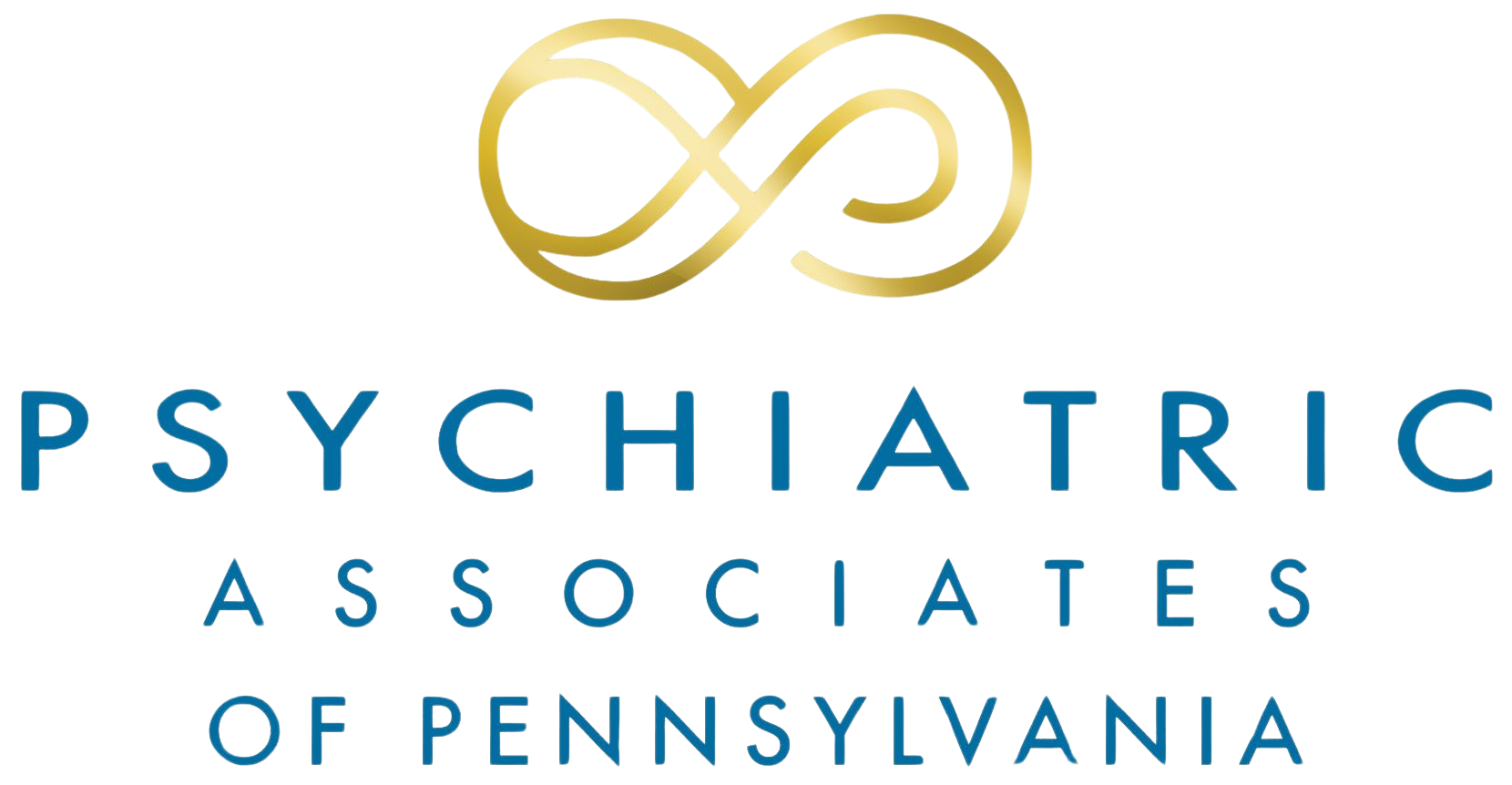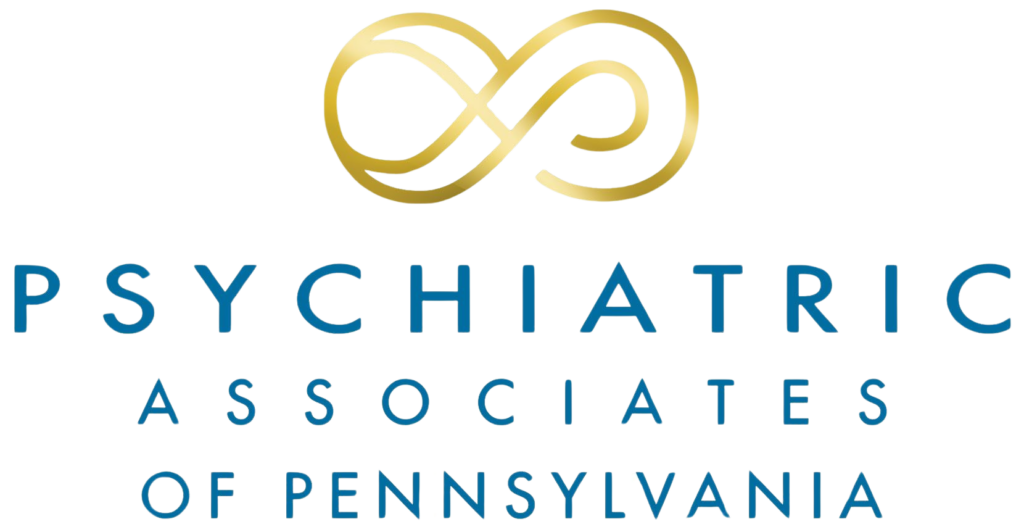Anxiety is a common feeling. Typically, anxiety arises due to an unforeseeable future with potentially negative or harmful outcomes. Although uncomfortable, anxiety is a normal emotional and physiological response designed to help us to navigate and survive certain situations. Typically, when the situation has resolved, the anxiety also resolves. However, at times, anxiety may seem either disproportionately large for the situation, or it may seem completely disconnected from any specific situation at all. When this begins to interfere with a person’s daily life, relationships, and/or overall wellbeing, it may then be referred to as an anxiety disorder.
Anxiety and anxiety disorders are related concepts but differ in terms of their scope and impact:
- Normal Anxiety: Anxiety is a natural and common emotional response to stress or a perceived threat. It is a normal part of life and can even be helpful in certain situations. For example, feeling anxious before an important exam or a job interview is a common experience. Normal anxiety tends to be temporary and typically subsides once the stressor or threat has passed.
- Anxiety Disorder: On the other hand, an anxiety disorder refers to a mental health condition characterized by excessive and persistent feelings of anxiety that go beyond what is anticipated. It involves a heightened and ongoing sense of fear, worry, or unease that significantly impacts a person’s daily functioning, relationships, and overall well-being. Anxiety disorders can be chronic and may not be directly linked to specific stressors. They often interfere with various aspects of life, leading to distress and impairment.
Symptoms of anxiety disorders can vary depending on the specific type of disorder a person is experiencing. However, there are some common symptoms that may be present across different anxiety disorders. These symptoms can be both psychological and physical. Here are some of the typical symptoms:
- Psychological Symptoms
- Excessive worry or fear: Feeling constantly worried, apprehensive, or fearful, even when there is no immediate threat.
- Restlessness and irritability: Feeling on edge, being easily agitated, and having difficulty relaxing or concentrating.
- Intrusive thoughts: Persistent unwanted thoughts or images that cause distress.
- Catastrophic thinking: Expecting the worst-case scenario in different situations and having excessive fears about potential negative outcomes.
- Difficulty controlling worry: Finding it challenging to manage or stop worrying despite conscious efforts.
- Anticipatory anxiety: Feeling anxious about upcoming events or situations, often accompanied by a sense of dread or apprehension.
- Physical Symptoms
- Rapid heartbeat or palpitations
- Shortness of breath or difficulty breathing
- Muscle tension and aches
- Sweating or clammy hands
- Trembling or shaking
- Gastrointestinal problems like stomachaches or diarrhea
- Fatigue or restlessness
- Sleep disturbances, such as difficulty falling asleep, staying asleep, or having restless and unsatisfying sleep
It’s important to note that anxiety symptoms can range in severity from mild to severe and may differ from person to person. Additionally, specific anxiety disorders may have unique symptoms associated with them. If you are experiencing symptoms of anxiety that are significantly impacting your daily life or causing distress, it is advisable to consult a mental health professional for an accurate diagnosis and appropriate treatment.
There are several types of anxiety disorders, including:
- Generalized Anxiety Disorder (GAD): People with GAD experience excessive worry and anxiety about various aspects of their life, such as work, health, relationships, or everyday situations. The worry is often difficult to control and may be accompanied by physical symptoms like restlessness, fatigue, irritability, muscle tension, and difficulty concentrating.
- Panic Disorder: This involves recurring and unexpected panic attacks, which are intense episodes of fear and discomfort. Panic attacks are typically accompanied by physical symptoms like a rapid heartbeat, chest pain, shortness of breath, dizziness, and a sense of impending doom. People with panic disorder often worry about future attacks and may avoid situations or places where they fear a panic attack could occur.
- Social Anxiety Disorder (Social Phobia): Individuals with social anxiety disorder experience intense fear and anxiety in social situations. They may be excessively self-conscious, worry about being embarrassed or judged, and avoid social interactions or situations that trigger anxiety. Physical symptoms such as blushing, sweating, trembling, and rapid heartbeat can accompany social anxiety.
- Specific Phobias: These are intense and irrational fears of specific objects, situations, or activities. Common examples include fear of heights, flying, animals, needles, or blood. Exposure to the phobic stimulus can trigger immediate anxiety or panic attacks, leading to avoidance behaviors.
- Obsessive-Compulsive Disorder (OCD): OCD involves recurring, intrusive thoughts (obsessions) and repetitive behaviors or mental acts (compulsions). Individuals with OCD often feel driven to perform these rituals or behaviors to alleviate anxiety or prevent something bad from happening. Common obsessions revolve around cleanliness, order, symmetry, or harm-related concerns. For more information on OCD, follow this link.
- Post-Traumatic Stress Disorder (PTSD): PTSD can develop after experiencing or witnessing a traumatic event. It involves symptoms such as intrusive thoughts, nightmares, flashbacks, hypervigilance, emotional numbness, and avoidance of stimuli associated with the trauma. PTSD can significantly impact a person’s daily functioning and quality of life. For more information on PTSD, follow this link.
Several factors can contribute to making anxiety disorders worse or exacerbating anxiety symptoms. While triggers and experiences can vary among individuals, here are some common factors that can intensify anxiety disorders:
- Stressful Life Events: Significant life changes, such as job loss, relationship issues, financial difficulties, or the death of a loved one, can increase stress levels and trigger or worsen anxiety symptoms.
- Substance Use and Abuse: Alcohol, drugs, and certain substances can worsen anxiety symptoms. Substance use can temporarily mask anxiety but ultimately exacerbate the underlying condition.
- Routine Benzodiazepine Use: Although short term and/or intermittent use of benzodiazepines (Ativan, Xanax, Klonopin) can be used to treat anxiety, routine use actually increases anxiety. Our brains are designed to try to counter-act the effects of benzodiazepines. With prolonged use, this increased activity leads to tolerance and eventually it leads to an “overactive” brain and increased levels of anxiety.
- Lack of Sleep: Sleep deprivation or poor sleep quality can affect mental well-being and increase anxiety levels. Anxiety itself can disrupt sleep, creating a vicious cycle where lack of sleep worsens anxiety, and increased anxiety further disrupts sleep.
- Health Conditions: Physical health conditions, such as chronic pain, hormonal imbalances, or certain medical illnesses, can contribute to increased anxiety levels. Similarly, untreated or poorly managed mental health conditions, like depression, can also worsen anxiety symptoms.
- Negative Thinking Patterns: Persistent negative thinking, self-criticism, excessive worry, and catastrophic thinking can intensify anxiety symptoms. Ruminating on negative thoughts and anticipating the worst-case scenarios can perpetuate anxiety.
- Avoidance and Safety Behaviors: Engaging in avoidance behaviors, where individuals avoid situations or triggers that provoke anxiety, can provide temporary relief but reinforce the anxiety response in the long term. Safety behaviors, such as excessive checking, seeking reassurance, or relying on rituals, can maintain anxiety and prevent the learning of alternative coping strategies.
- Lack of Social Support: Isolation and a lack of social support can contribute to heightened anxiety. Having a supportive network of friends, family, or mental health professionals can provide understanding, encouragement, and practical assistance in managing anxiety.
- Lack of Treatment or Inadequate Treatment: Not seeking treatment for an anxiety disorder or not receiving appropriate treatment can impede symptom management and exacerbate the condition. Consistent therapy, medication, or other recommended interventions are crucial in effectively addressing anxiety disorders.
Anxiety disorders can be effectively treated through various approaches, depending on the specific disorder and individual needs. Treatment typically involves a combination of therapy, medication, and self-help strategies. Here are some common treatment options:
- Psychotherapy/Counseling: Several types of therapy are effective in treating anxiety disorders. Cognitive-Behavioral Therapy (CBT) is often the first-line treatment and focuses on identifying and modifying negative thought patterns and behaviors that contribute to anxiety. Exposure therapy, a form of CBT, helps individuals confront and gradually desensitize themselves to feared situations or objects. Other therapies, such as Acceptance and Commitment Therapy (ACT) or Dialectical Behavior Therapy (DBT), may be used depending on the specific needs of the individual.
- Medication: In some cases, medication may be prescribed to manage anxiety symptoms. Commonly prescribed medications include selective serotonin reuptake inhibitors (SSRIs), serotonin-norepinephrine reuptake inhibitors (SNRIs), benzodiazepines, or other anti-anxiety medications. Medication is typically prescribed and monitored by a psychiatrist or a healthcare professional specializing in mental health.
- Relaxation Techniques: Learning and practicing relaxation techniques can help manage anxiety symptoms. Techniques such as deep breathing exercises, progressive muscle relaxation, mindfulness meditation, and guided imagery can promote a sense of calm and reduce anxiety levels.
- Lifestyle Modifications: Adopting healthy lifestyle habits can contribute to overall well-being and reduce anxiety symptoms. Regular exercise, sufficient sleep, balanced diet, limiting caffeine and alcohol intake, and avoiding substance abuse can positively impact anxiety management.
- Support Groups: Participating in support groups or joining peer support communities can provide individuals with a sense of understanding, encouragement, and shared experiences. Sharing concerns and learning from others can help reduce feelings of isolation and provide practical coping strategies.
- Stress Management: Learning effective stress management techniques can be beneficial in reducing anxiety. Time management, setting realistic goals, prioritizing self-care, and incorporating stress-reducing activities such as hobbies, socializing, or engaging in relaxation exercises can help manage stress levels.
The specific treatment plan will depend on the individual’s unique circumstances, severity of symptoms, and preferences. It is important to consult with a mental health professional who can provide an accurate diagnosis and develop an appropriate treatment strategy tailored to the individual’s needs. Treatment for anxiety disorders can be highly effective, and many individuals experience significant improvement in their symptoms and overall quality of life with proper support and intervention.


